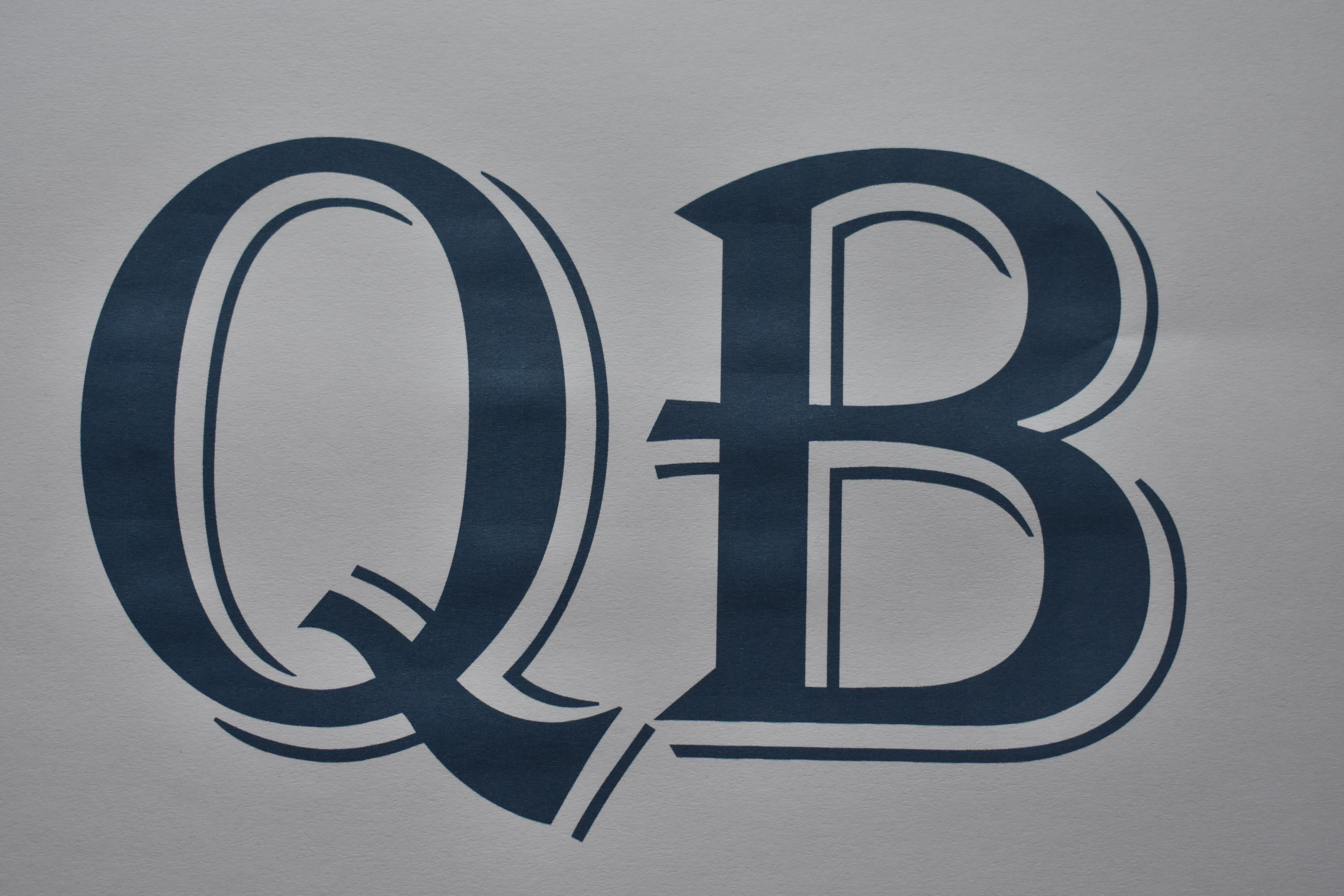The concept of intersectionality is one of the most valuable idea I have acquired while studying gender studies in the university some years ago. This concept did not only informed the theoretical framing of my research project, but needless to say that as a queer of colour in a predominantly white society, it has also provided me the perspective through which I can make sense of my own positionalities. Furthermore, intersectionality has also equipped me with vocabularies through which my experience as queer of colour can be articulated.
Kimberly Crenshaw, a Black feminist and a legal scholar, coined the idea of intersectionality. It first appeared in her seminal article entitled: ‘Demagrinalizing the Intersection of Race and Sex: A Black Feminist Critique of Antidiscrimination Doctrine, Feminist Theory and Antiracist Politics,’ which was published in 1989. Here, Crenshaw argues that:
Black women are sometimes excluded from feminist theory and antiracist policy discourse because both are predicated on a discrete set of experiences that often does not accurately reflect the interaction of race and gender. These problems of exclusion cannot be solved simply by including Black women within an already established analytical structure. Because the intersectional experience is greater than the sum of racism and sexism, any analysis that that does not take intersectionality into account cannot sufficiently address the particular manner in which Black women are subordinated (1989:140).
Continue reading “Kimberly Crenshaw’s Intersectionality: Informing the Analysis on the Experiences of Queer of Colours in Western Societies”
